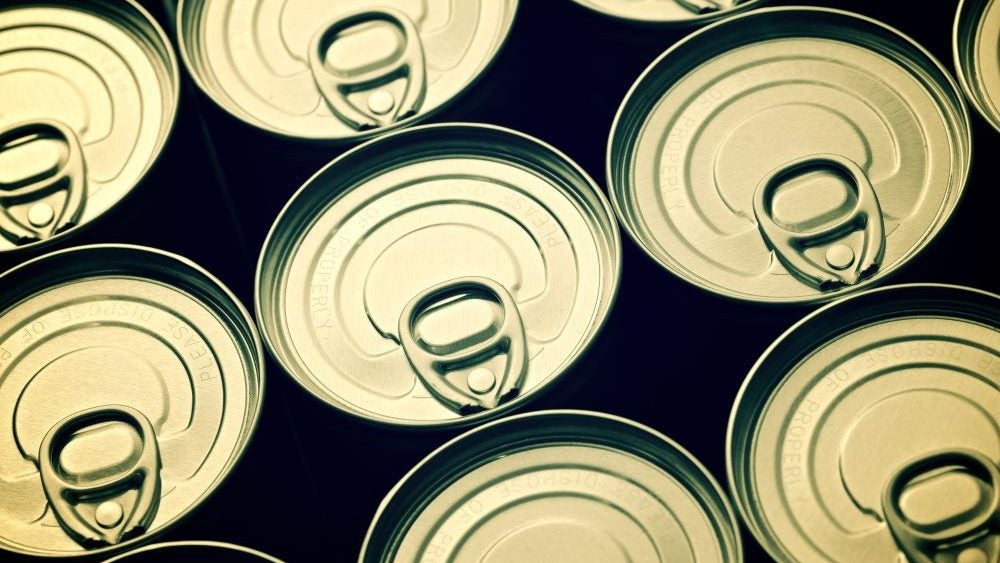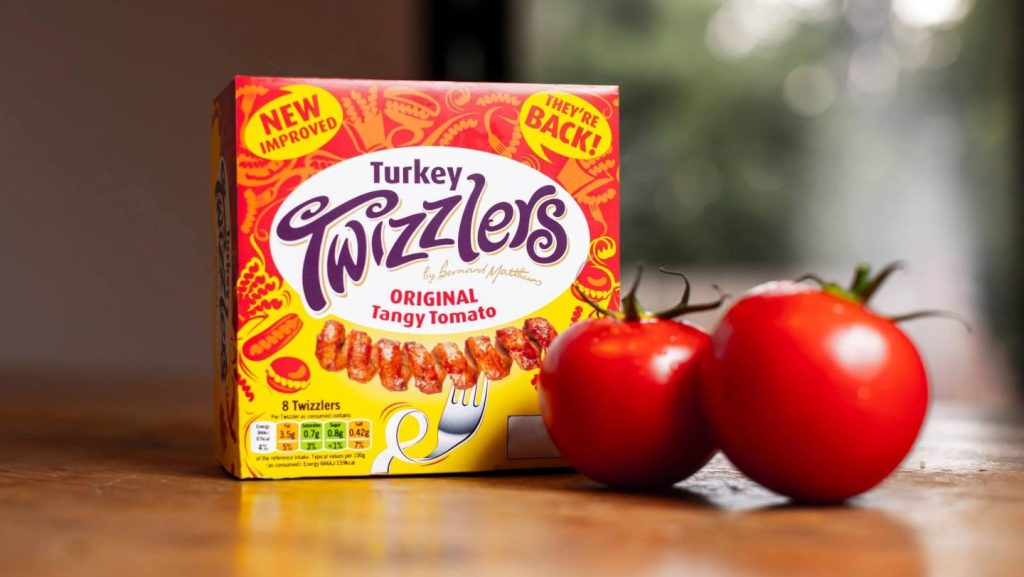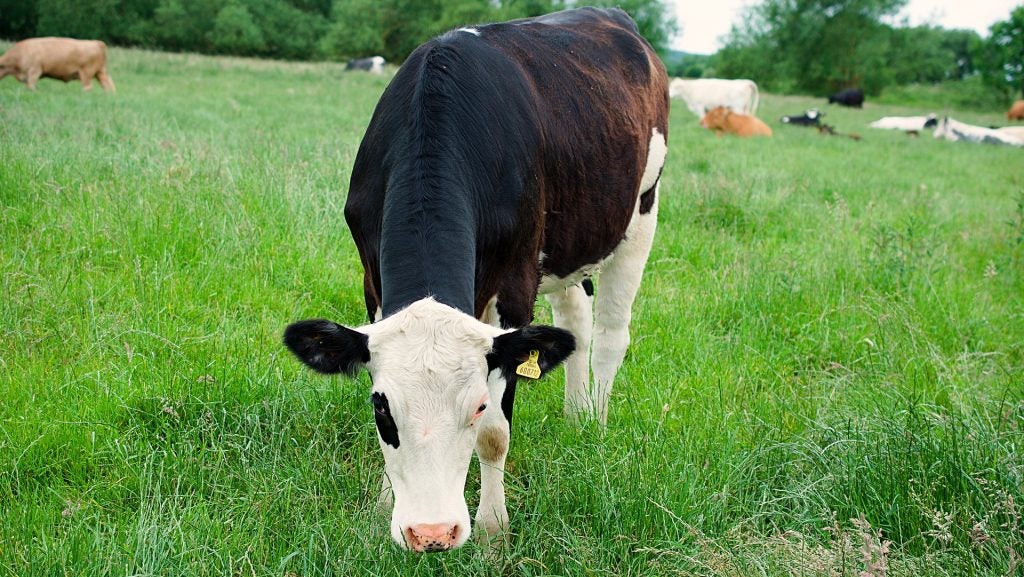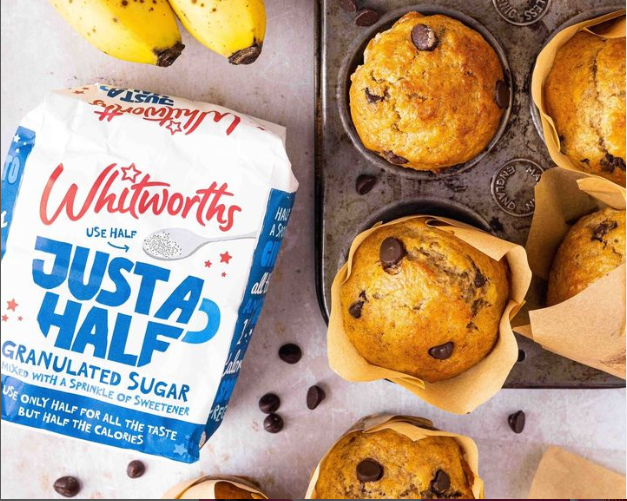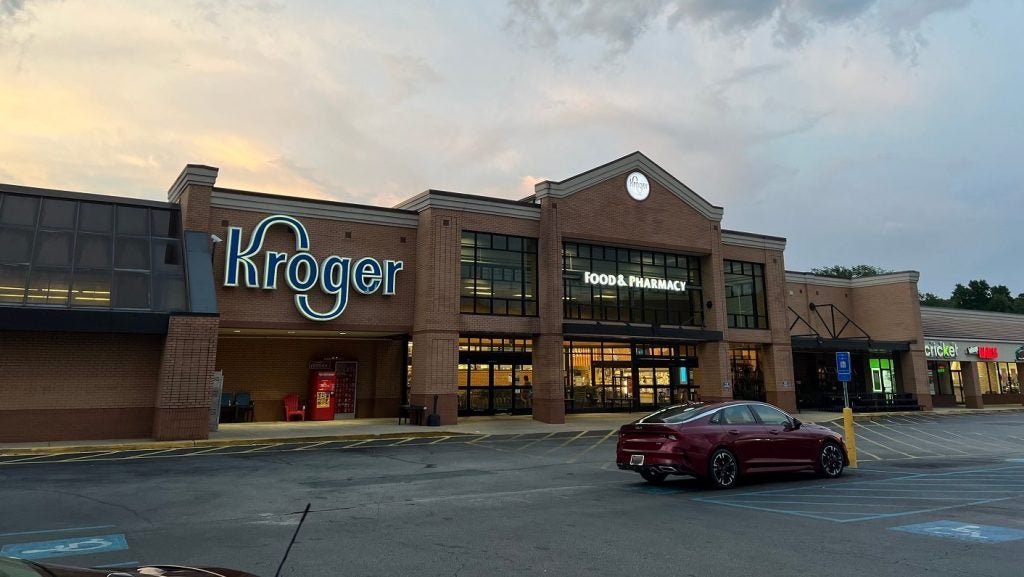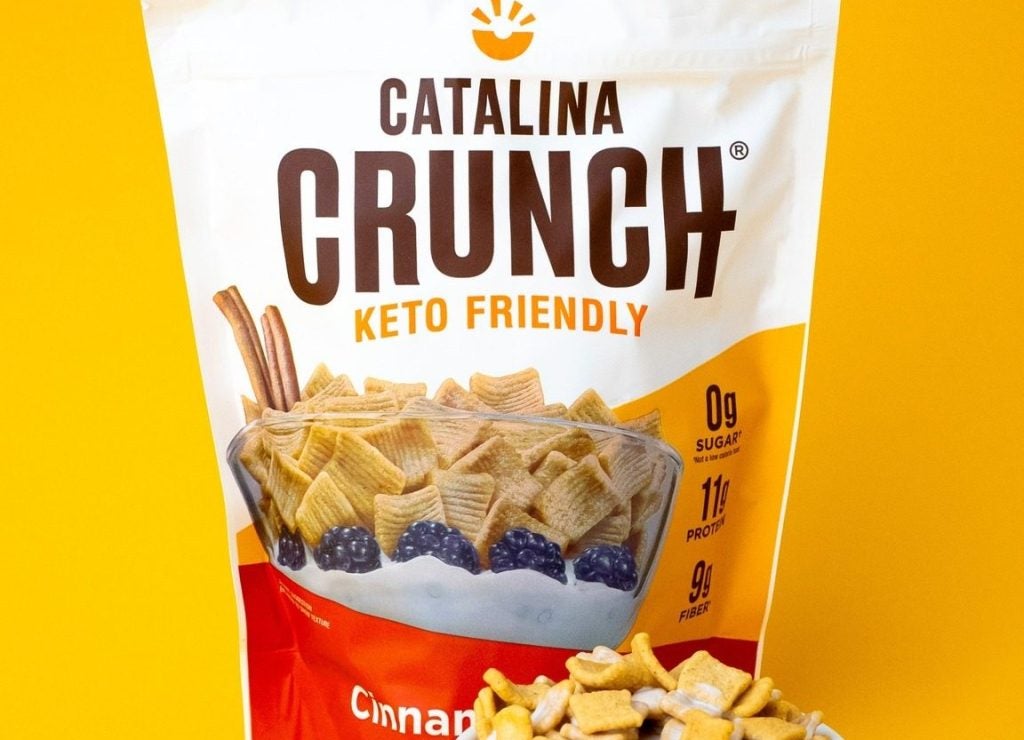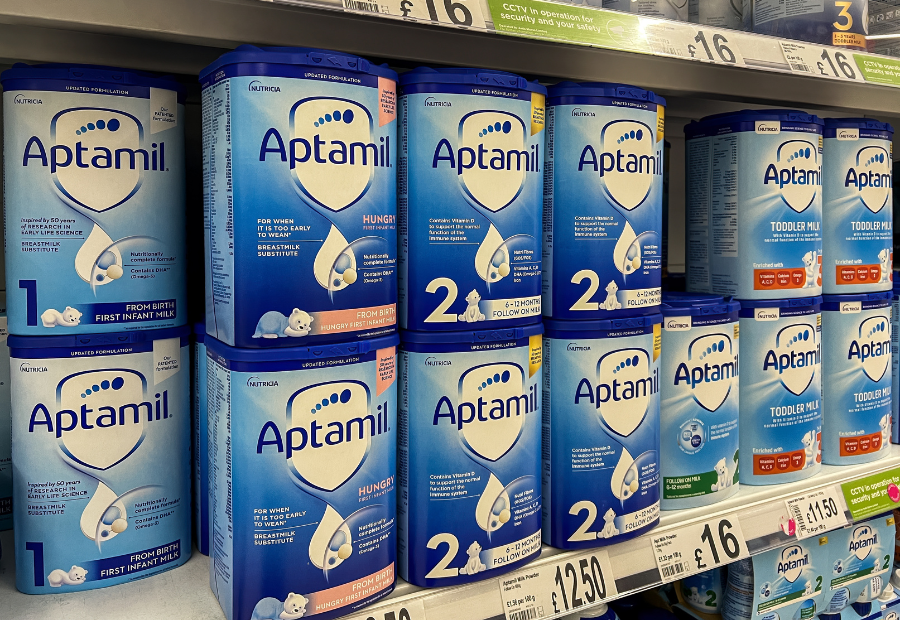Bonduelle, Unilever and General Mills are among 11 food companies being fined for working to hide the presence or absence of bisphenol A (BPA) in their packaging, France’s official competition watchdog has confirmed.
In a release published today (11 January), the Autorité de la Concurrence said the companies would be penalised for organising a cartel with three French food canning associations: La Fédération des Industries d’Aliments Conservés (FIAC), L’Association Des Entreprises de Produits Alimentaires Élaborés (ADEPALE), and L’Association Nationale des Industries Alimentaires (ANIA).
The packaged food giants are also said to have worked with the can producers’ trade union, Le Syndicat National des Fabricants de boîtes, emballages et bouchages métalliques (SNFBM).
Just Food has contacted General Mills, Bonduelle, and Unilever for comment.
The news confirms reports which emerged earlier this week around the Autorité's intentions to fine companies including Bonduelle and Unilever.
Other companies involved in the cartel include fruit compotes makers Charles & Alice, tinned sauces manufacturer Conserves France, Bonne Maman brand owner Andros, ready-meals producer Configeo and canned vegetables specialist d’Aucy.
Can suppliers Crown, Massilly and Ardagh were also listed as participators.
The 11 companies and four professional bodies will face a total fine worth €19.6m ($21.5m).
Out of all the food producers involved, d’Aucy has received the largest penalty of €3m, followed by Bonduelle at €2.9m. Unilever has been fined €1.3m, while General Mills is expected to pay almost €300,000.
Metal tin manufacturer Crown has been met with the largest overall fine of €4.2m.
ANIA will pay the most sizeable sum out of the professional organisations, some €2.7m.
Following a three-year investigation, France's competition authority said it had found the professional associations and companies had “implemented a collective strategy intended to prevent manufacturers in the sector from competing on the presence, or absence, of Bisphenol A in food containers (cans, tins, etc.).”
According to the Autorité, FIAC steered the cartel, encouraging producers “not to compete on the presence, or absence of BPA in their cans and to coordinate the communications aimed at consumers on this issue.”
This, it said, was done to offset “competitive risks arising from the introduction of BPA-free food containers on the market.”
The FIAC and SNFBM were also found to have encouraged producers “to refuse to supply BPA-free cans before 1 January 2015” and “to refuse to stop selling cans with BPA after this date, despite the demands of the mass retail distribution sector”.
France introduced a ban on the presence of BPA in all food containers in 2015. The anti-trust body said the cartel had been working in the law’s “transitional phase” between October 2010 and July 2015, when “cans with and without BPA were simultaneously placed on the market” to use up stocks.
It has declared these actions as “a single, complex and continuous infringement” of French law, which prevented consumers from buying BPA-free products “at a time when these products were available and when BPA was already considered dangerous to health.”
BPA has been linked with harmful effects on human health, including on the repoductive and metabolic systems.
Other groups which were members of the accused professional organisations at the time, but cleared of wrongdoing in the investigation include manufacturing giants Danone, Nestlé, PepsiCo, Groupe Gendreau, Bel Group, Suntory, Mom, Fleury Michon, packaging group Ball, and professional associations Unijus, Alliance 7, Boissons refraîchissantes de France, Brasseurs de France, the UPPIA, FEDALIM, FNCL, CCEP, and the CITPPM.
French food retailers Carrefour, E. Leclerc, Les Mousquetaires and retail trade associations Système U and Fédération du Commerce et de la Distribution (FCD) were also investigated but found not to have broken any competition rules.
The anti-trust regulator added: “With regard to the companies and associations implicated as members of professional organisations, the practices were found to be time-barred in many cases, as no participation had been demonstrated after 28 December 2013.”


